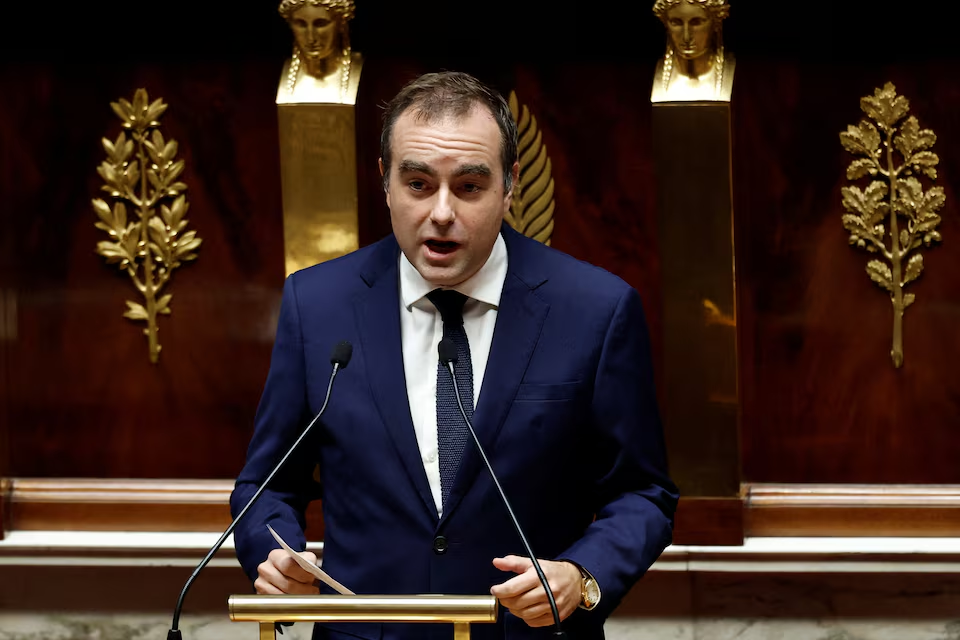Iran-U.S. Nuclear Talks End Successfully in Rome, Third Round Scheduled for Next Week
The second round of nuclear talks between Iran and the United States, held through the mediation of Oman, concluded on Saturday in Rome. Iranian state television reported that both sides have agreed to hold a third round of discussions next week.
Iran-U.S. Nuclear Talks End Successfully in Rome, Third Round Scheduled for Next Week
Iran-U.S. Nuclear Talks End Successfully in Rome, Third Round Scheduled for Next Week
Rome, April 19, 2025 – The second round of nuclear talks between Iran and the United States, held through the mediation of Oman, concluded on Saturday in Rome. Iranian state television reported that both sides have agreed to hold a third round of discussions next week.
Iranian Foreign Minister Abbas Araghchi and U.S. President Donald Trump’s Middle East envoy Steve Witkoff exchanged messages through Omani representatives, although not directly. Both parties had previously described the first round of talks in Muscat last week as “constructive.”
Before the Rome talks, in a meeting with the Italian Foreign Minister, Araghchi stated:
“Iran has always been in favor of a diplomatic solution, and all parties should take advantage of this opportunity to reach a logical and fair nuclear agreement.”
He added:
“This agreement would recognize Iran’s legitimate rights and, at the same time, address concerns about the nuclear activities of others.”
Italian Foreign Minister Antonio Tajani wrote in a post on X (formerly Twitter):
“Rome has become the capital of peace and dialogue. I urged Araghchi to continue on the path of nuclear disarmament negotiations.”
Doubt and Hope on the Road to Agreement
Despite progress, Iran remains cautious and refrains from expressing “excessive optimism” about an imminent deal.
Iran’s Supreme Leader Ayatollah Ali Khamenei stated:
“I am neither overly optimistic, nor pessimistic.”
Meanwhile, Israel has hinted that it may launch attacks on Iran’s nuclear facilities in the coming months.
The 2015 Deal and the Current Situation
In 2018, the Trump administration withdrew the U.S. from the historic 2015 agreement between Iran and six world powers and reimposed severe sanctions on Tehran. Upon returning to the presidency, Trump reinstated the "maximum pressure" strategy.
The United States wants Iran to halt its high-level uranium enrichment, which Washington claims could be used to build nuclear weapons.
However, Iran has consistently insisted that its nuclear program is entirely peaceful. While it is willing to accept some controls, Tehran demands strong guarantees that the U.S. will not again unilaterally withdraw from any future deal.
Since 2019, Iran has made significant progress in uranium enrichment, violating the terms of the 2015 agreement.
Iran’s Red Lines
A senior Iranian official stated that Iran would not accept removing its centrifuges, completely halting enrichment, or maintaining a uranium stockpile lower than the 2015 agreement. Furthermore, the country is unwilling to discuss its ballistic missile program.
Russia’s Offer to Mediate
Russia, one of the original parties to the 2015 agreement, has expressed interest in assisting and mediating in the negotiations.










